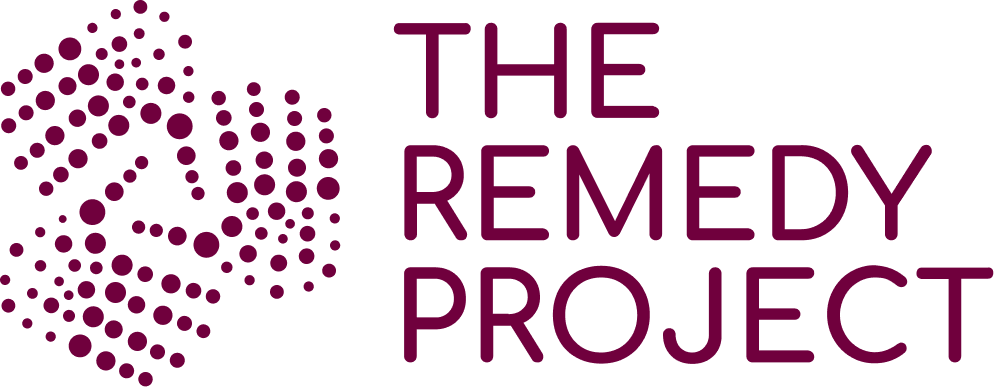Remediation and Grievance Mechanisms
Revolutionising how workers access remedies in supply chains
We help businesses to develop or improve remediation mechanisms in line with legislation, best practice, and industry standards
How we help
The UN Guiding Principles on Business and Human Rights are built around three core principles - state duty to protect human rights, business responsibility to respect human rights, and access to remedy when violations occur.
With businesses coming under increased pressure from new mandatory human rights due diligence legislation and modern slavery disclosure laws, access to remedy should form an integral part of any company’s human rights policy. However, ensuring effective and meaningful access to remedy for workers remains a challenge. These challenges are compounded by diverse social, legal, and economic contexts across global supply chains.
As the authors of the IOM Guidelines for Businesses on the Remediation of Migrant Wroker Grievances, we know what it means to build an effective and rights-compatible grievance mechanism. We understand the realities of implementing international social sustainability standards in complex global supply chains and can help you meet these challenges.
We support businesses to:
Develop remediation mechanisms
Develop and implement corrective action plans
Improve corporate governance systems to monitor and manage grievances
Better integrate data from operational grievance mechanisms into corporate governance processes and decision-making

